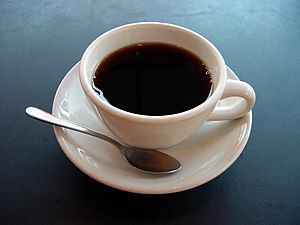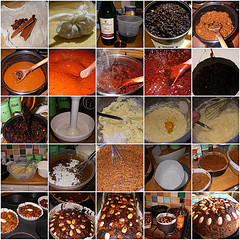
Image via Wikipedia
When we hear the term coffee maker most of us think of only one type of coffee maker. Most often, the drip style coffee maker or the espresso type machine comes to mind, depending on where you live and your taste in coffee. Of course, the choices vary with the region in which people live also.
One type of coffee maker may be frowned upon in certain parts of the world, while being quite acceptable in another location. Some types of coffee makers are quite antiquated by today’s standards, but are still being used by those who prefer the coffee produced.
Such is the case with the percolator style coffee makers. There are two types of percolator style coffee makers, the stove top model and the electric percolator. Both percolators work in the same fashion, which is circulating boiling water r over the coffee grounds and through a metal filter repeatedly. Some argue that this makes a good cup of coffee while others say this style coffee maker makes the worst coffee imaginable. The naysayers exclaim the percolator produces a bitter tasting coffee no matter what brand or grind of coffee you use. [Read more…]



